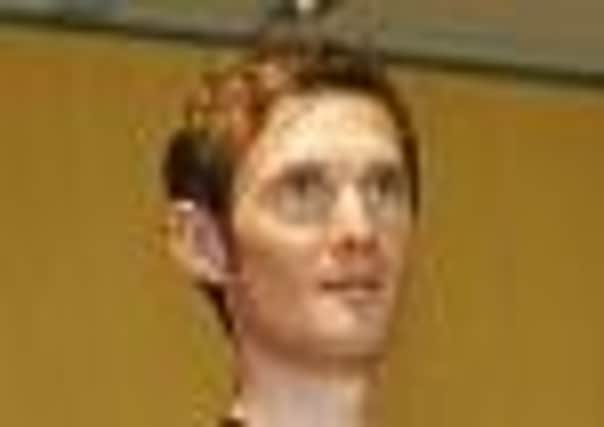Cycling: Banned Schleck to miss Tour de France


ALAD confirmed the 32-year-old RadioShack Nissan Trek rider’s suspension last night, adding that it had been backdated to begin on 14 July, 2012 following his positive test for the diuretic Xipamide following the 13th stage of last year’s Tour.
Schleck finished third in the 2011 Tour and was 12th when his participation in the 2012 race ended – five stages prematurely – on 17 July. This year’s Tour de France begins on 29 June.
Advertisement
Hide AdAdvertisement
Hide AdLuxembourg’s Anti-Doping Disciplinary Council (CDD), which ruled on the case for ALAD, outlined in detail the circumstances of the case, with Schleck adamant he had not deliberately used the diuretic, an explanation that was accepted on the basis of scientific evidence. He offered to take a lie detector test but that was ruled unnecessary. CDD ruled that as Schleck’s punishment, they “pronounce against him the penalty of suspension of 12 months; say that the period of suspension takes effect on the date of 14 July 2012; say there has has been the cancellation of individual results by Frank Schleck achieved since the 2012 Tour de France”.
CDD also said Schleck must pay costs of the testing to the UCI, world cycling’s governing body, amounting to 3,590 Swiss francs (£2,500).
However, he avoided a heavy financial penalty, which might have applied. Under UCI rules, Schleck could have been fined 70 per cent of his annual salary, which, when taking into account his image rights, comes to 1.8million euros (£1.55million). The penalty could have come to £1.08million.
CDD said: “Given the length of the suspension being 12 months, the Disciplinary Council intends to abstain from imposing a financial sanction which is optional and which would be a disproportionate sanction if it was added to the length of the ban which has itself pronounced a proportionate punishment to the doping violation.”
Meanwhile, Spanish doctor Eufemiano Fuentes, on trial in Madrid for allegedly masterminding a doping ring in cycling, will not be obliged to identify any of the clients whose frozen blood was found in bags seized by police, the judge in the case ruled on yesterday.
On his second day on the stand, Fuentes, who denies involvement in doping, said he could identify to whom the blood in the numbered bags belonged, prompting a request by the Italian Olympic Committee (CONI), represented at the trial in Madrid, that he do so in court.
Judge Julia Santamaria said she would not prevent him from revealing the names but would not force him to do so, saying it would infringe the rights of those implicated.
Fuentes and four other defendants, including his sister Yolanda, are appearing in court almost seven years after anabolic steroids, transfusion equipment and blood bags were seized as part of a investigation code-named “Operation Puerto”.
Advertisement
Hide AdAdvertisement
Hide AdThe much-delayed trial began on Monday and, when Fuentes took the stand on Tuesday, he told the judge he had clients in sports other than cycling, including football, tennis, athletics and boxing. The case has attracted international scrutiny because anti-doping authorities, who, along with CONI and several sporting organisations are taking part in the trial, are hopeful it will finally lead to evidence of wrongdoing by athletes in other sports being made available.
A World Anti-Doping Agency request for access to the blood bags has been repeatedly denied by the Spanish authorities, and the body await the judge’s ruling on their latest petition, made this week.